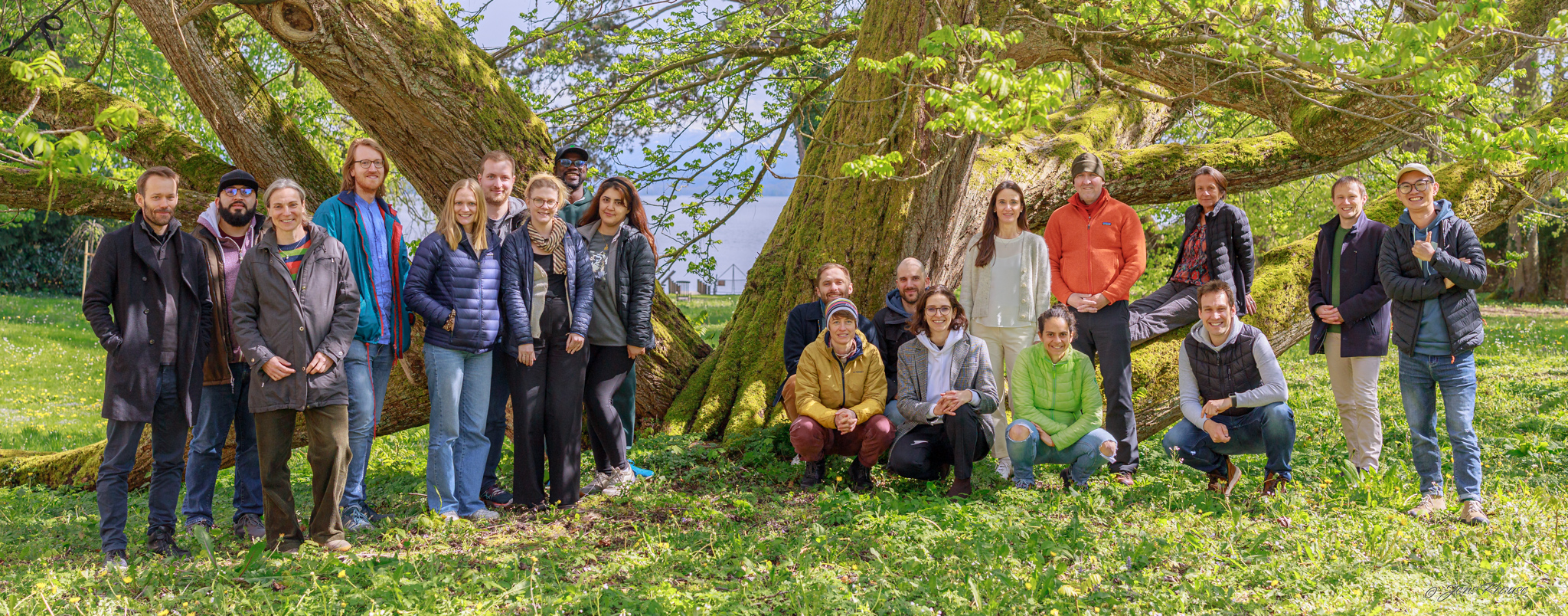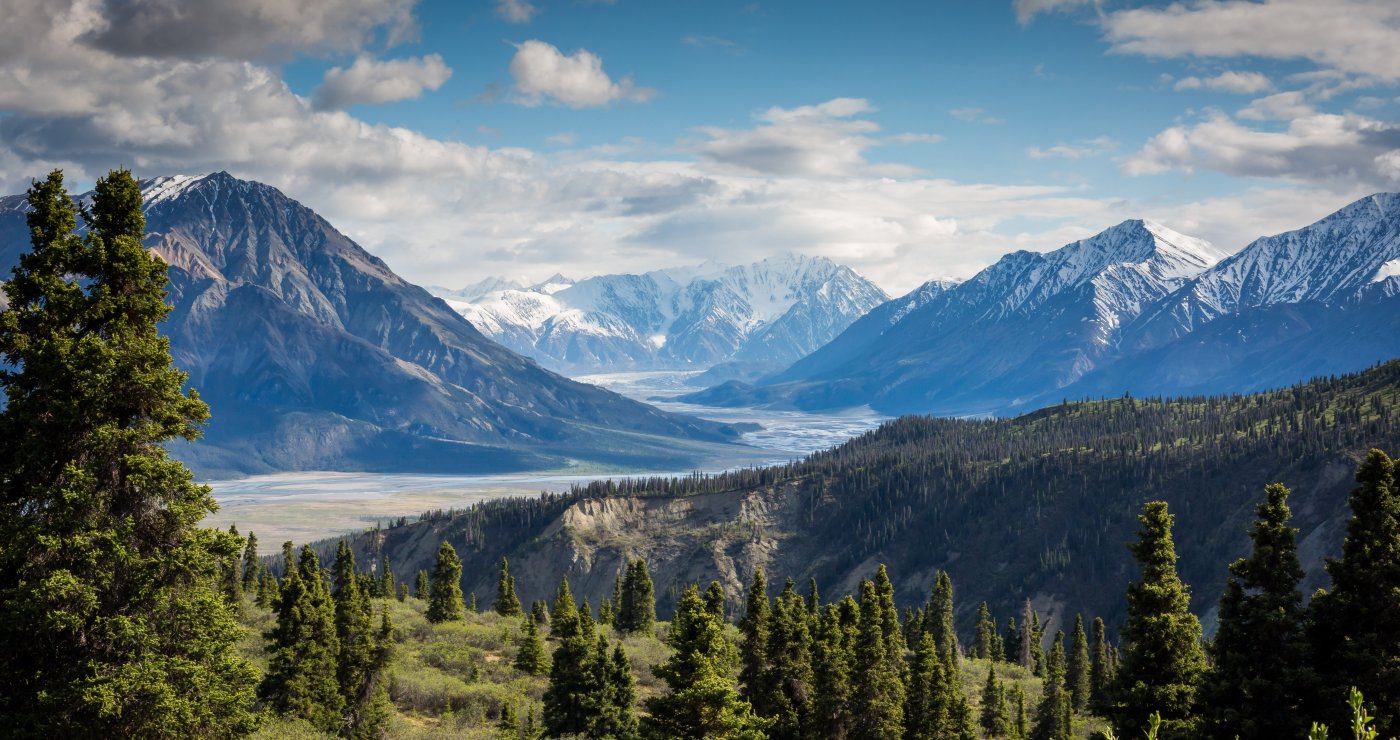
About us

Our team is interested in how land ecosystems, climate change and land-use change interact globally and regionally. We explore through a range of modelling approaches challenges and solutions to sustainable development arising from land system dynamics. We are based at the Campus Alpin of the Karlsruhe Institute of Technology, located in the town of Garmisch-Partenkirchen in Southern Germany.
Themes
Land-climate-interactions
How do land and climate interact? Climate is a chief co-determinant of vegetation cover and carbon, water and nutrient cycles. Climate change, including the increasing levels of CO2 in the atmosphere, therefore will cause biomes’ boundaries to shift, and impact biodiversity and numerous processes in terrestrial ecosystems.
Learn more →
Ecosystem functional diversity and services
Life together with climate and other abiotic drivers is the basis to the state and functioning of the ecosystems. Although we do not fully understand the entirety of consequences of our doing, humanity is exploiting, in many places over-exploiting, ecosystems around the world: to gather resources, as space for human living, and for agriculture, forestry, and many other forms of use.
Learn more →
Impacts and future of land use
Land provides the basis for our livelihoods – but the current extend of human influence, magnitude and rate of change of resource use is historically unprecedented and not sustainable. The way humans make use of terrestrial ecosystems clearly will have to improve, especially since changing climate and rising CO2 concentrations will become additional key factors, which affect growing conditions for crops, pastures, and forests.
Learn more →

